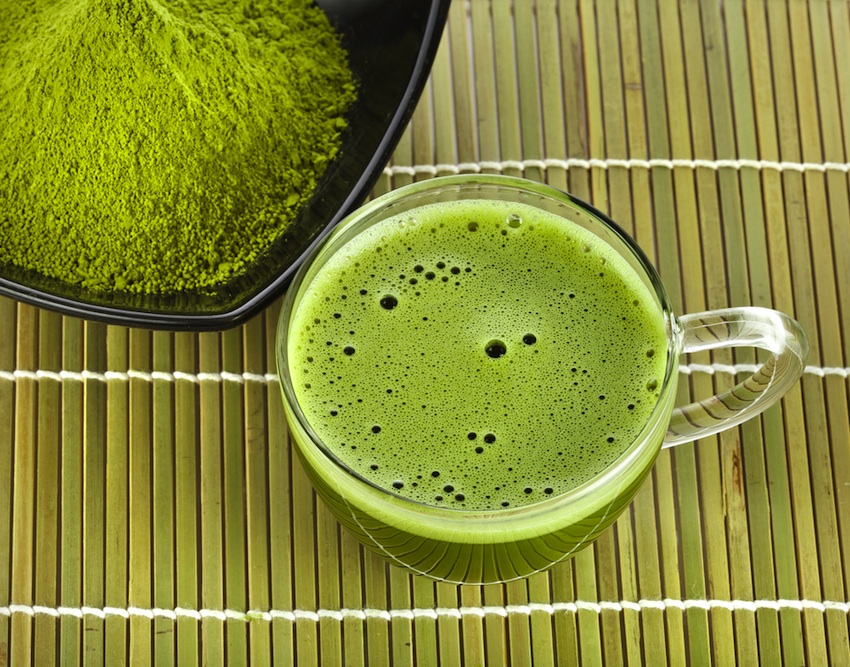What You Need to Know About Matcha Tea

Matcha tea photo via Shutterstock
Move over, green juices—there’s a new green health drink in town, and it’s called matcha tea.
Matcha, a type of green tea, has been part of Japanese culture since the 12th century, but it’s enjoying a full-on resurgence in 2013. Celebrities from Dr. Oz to Food Network chef Melissa D’Arabian have voiced their devotion to it, and hip health food lovers everywhere down it en masse despite its grassy, spinachy taste.
David Segal, cofounder of DavidsTea, says matcha is a top-seller in his stores. “Matcha is very popular. I’m surprised it’s not more popular given all the health benefits,” he says. “It’s always been a great selling tea for us—people are into it. We have over 150 teas and green is a big category for us.”
Segal explains that matcha is unique because it is not steeped in hot water, but rather ground into a fine powder that is then incorporated wholly into hot water. “You’re digesting the leaf, you’re getting all of the polyphenols and the health benefits of the tea,” he says. “It’s the only tea where you actually ingest the leaf.”
So matcha is trendy—but is it really that healthy? Susan Reardon, owner of Boston Health Coaches and a certified holistic health coach, says (probably) yes. Reardon says matcha’s health benefits are said to include boosting energy, anti-aging properties, cancer fighting, revving metabolism and fat burning, and lowering bad cholesterol. She is quick to caution, though, that while studies have been done, “nothing’s been absolutely solidified.”
Except, she says, for the indisputable fact that matcha is incredibly rich in antioxidants. “It supposedly has about six times the amount of [antioxidants] of goji berries, 60 times that of spinach, 17 times the amount of blueberries,” she says. “Antioxidants are wonderful—they go in and purify our blood. So for that health benefit alone, that’s my personal appeal to it.”
Reardon says matcha is good choice not only for getting extra antioxidants, but for cutting back on caffeine and getting an extra boost of energy without the coffee-induced jitters. As for why the tea is so popular now, Reardon says its just like any trend. “Think about it in everything in your life—there’s a new restaurant everybody wants to try, there’s new fall fashion, there’s new nail color,” she says. “I think also when it comes to the health and fitness world, everybody’s looking for that hall pass—that easy way to make something happen, that magic pill.”
Unfortunately for matcha drinkers, Reardon says the tea isn’t that magic pill. “The key is just balancing everything that we consume, and making whole, healthful, nutrient-rich choices in our diet,” she says. “There’s no shortcut, but all the healthful things that we can ingest are to our benefit.”
Intrigued? You can find matcha tea in Boston at DavidsTea, Starbucks, Teavana, Peets Coffee & Tea, and more. Milton-based company Motto also makes a cold, bottled matcha tea drink.


